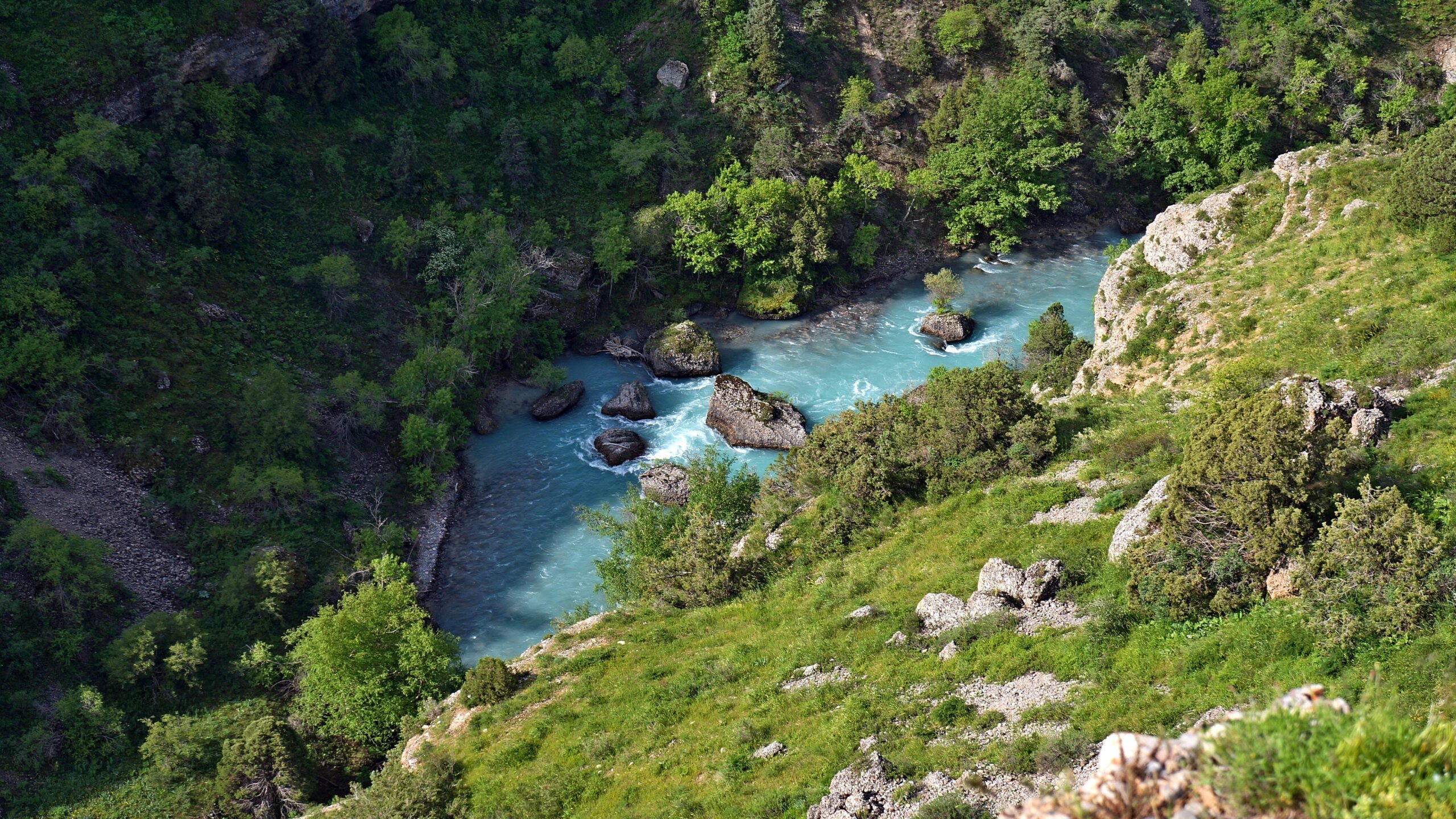Kazakhstan – Almaty will host a training for trainers on water diplomacy and international water law on 20-23 November 2023. This event is organized within the framework of the USAID Regional Project on Water Resources and the Environment, with the support of the Blue Peace Initiative in Central Asia, funded by Switzerland. The training is conducted with the assistance of the International Secretariat for Water (Canada).
The USAID Regional Project on Water Resources is introducing a new course on water diplomacy and international water law aimed at enhancing the potential of students from universities in Central Asia. Developed in collaboration with the Academic Society Network (ASN), this intensive course provides students with in-depth knowledge in the field of water resources and international water law.
The foundational concept of the course is established within the Blue Peace Central Asia Initiative, operational since 2018. This initiative focuses on diplomatic, operational, and youth aspects, stimulating dialogue, providing resources for practical solutions, and developing the potential of the new generation in water resource management.
The goal of the Training for Trainers (ToT) is to train the teaching staff of Central Asian countries to implement the course in the educational process, contributing to the education of future water diplomats and supporting regional cooperation. It is expected that around 25 representatives from academic institutions and universities actively involved in water resources, ecology, and agriculture, including diplomatic academies and public administration academies, will participate in the training. Special attention will be given to the participation of diplomatic academies and public administration academies.
The Blue Peace Central Asia initiative of the Swiss Agency on Development and Cooperation is implemented by the Regional Environmental Centre for Central Asia (CAREC). The mandate of the initiative is based on promoting water as a factor contributing to sustainable regional socio-economic development and stability, as well as strengthening the region’s resilience to current and future challenges.

